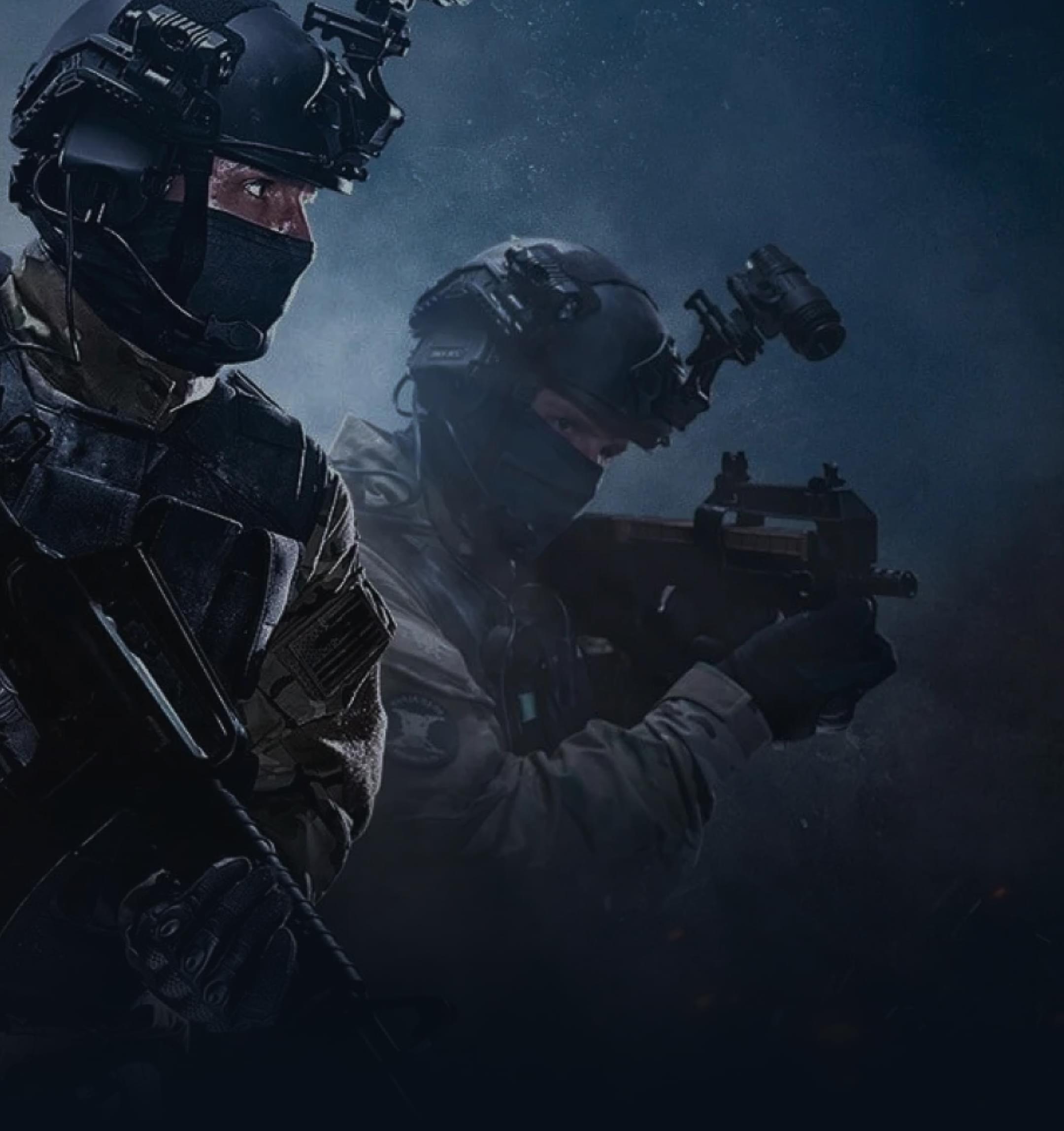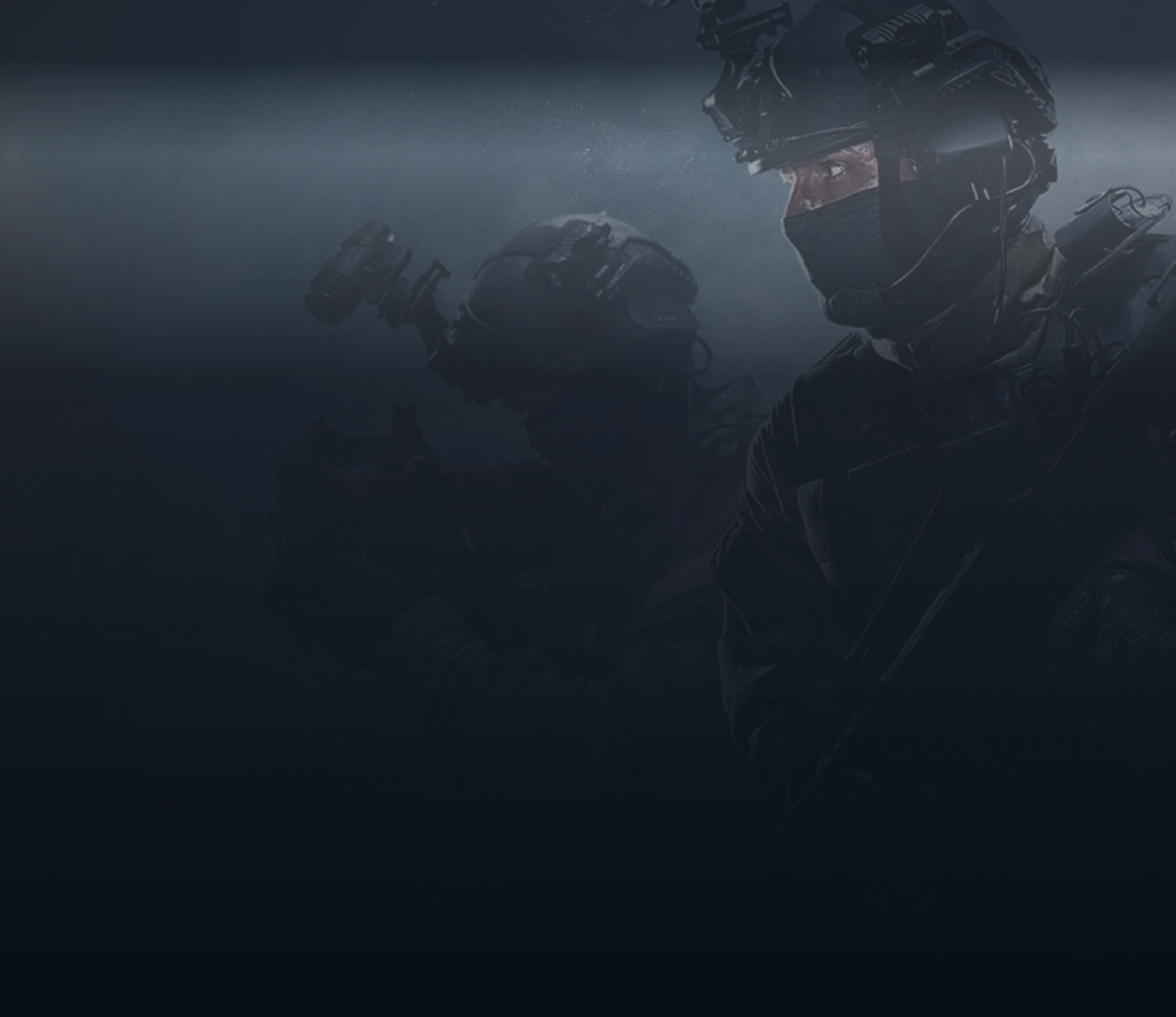So you’ve watched a game or even an entire tournament of Counter-Strike and found yourself constantly listening to what the people on the desk are saying before, during, and after each match. Be it some funny commentary or on-the-fly analysis, these guys have been trained their entire lives to deliver content and information in a way that many others cannot. These are what we call as CS2/CSGO analysts, and they usually find themselves behind the desk of a major tournament or on a team, breaking down strategies and their opponents’ film on a meticulous basis. Once their line of work has piqued your interest, the question starts to float around your head: how do I become a CS2 analyst?
What Exactly Does A CS2 Analyst Do?
At the core of an analyst’s work lies a deep understanding of data. They meticulously pore over in-game statistics, player performance metrics, and match replays. This data becomes the building block for their analysis, allowing them to identify trends, strengths, and weaknesses in a team’s gameplay. For instance, an analyst might analyze a team’s map selection rate and win percentage on each map. This data can reveal the team’s comfort zones and potential vulnerabilities, informing strategic decisions about which maps to prioritize in practice. This is extremely important when working on both live broadcast and amongst the coaching staff, with the former being focused on presenting information the viewers would otherwise not understand and the latter directly contributing to the way a certain team plays.
The esports analyst role can be further specialized. Some analysts you see at S-Tier events, such as the icon Eefje “Sjokz” Depoortere herself, focus on specific game titles, becoming experts in the nuances of that particular game’s meta. Others might specialize in a particular team, immersing themselves in their playstyle and internal dynamics.
What Are The Steps To Get Started?
Become a CS2 Expert
Quite literally what the title says, an analyst must have outstanding knowledge about the ins and outs of Counter-Strike since their entire job is to be listened to by people. In-depth understanding of the game’s mechanics, maps, weapons, utility usage, and the ever-evolving meta is paramount. Immerse yourself in the game – play competitively, watch pro matches, analyze demos, and understand the nuances of team strategies.
Improve Your Train Of Thought
Being an analyst isn’t just about understanding information, it’s being able to relay it out efficiently and correctly. Familiarize yourself with data analysis tools and platforms used in esports. While not always mandatory, some opportunities might value a background in statistics or computer science. Understanding concepts like win rates, map pick/ban trends, and economic disparity in games will be invaluable assets. Learn basic statistical analysis to interpret player and team stats. Tools like HLTV.org provide a wealth of data, allowing you to identify trends and patterns in gameplay.
Play The Game
It goes without saying that to understand Counter-Strike, you must play Counter-Strike. Being updated with the meta and all the changes are extremely important to being a good analyst. Grasp the strengths and weaknesses of each weapon. Understand spray patterns, effective ranges, economic considerations, and when to utilize specific weapons for maximum impact. CS2 also heavily revolves around managing the in-game economy. Learn about force buys, full buys, and how weapon choices impact round outcomes. For both the desk analysis and within a team, get comfortable and analyze team compositions, common setups, execute strategies, and defensive post-plant formations. Learn how teams adapt their strategies based on the map, economy, and opponent tendencies.
Create Your Brand
Your brand is one of the most important aspects of anyone trying to get into Counter-Strike media. There are so many veteran analysts and prospects, so what exactly do you have that will make you stand out from the rest? Build a strong social media presence on platforms like Twitter or YouTube. Engage with the CS:GO community, participate in discussions, and share your analytical insights. Even people who are obviously “trolling” can be a good point of interaction, since also gaining reputation and followers will only bring good things moving forward. Image and reputation are everything, even at the highest level already. Connect with other aspiring analysts, professional players, and esports organizations. Attend LAN events if possible to network and build relationships within the community. The more you put yourself out there, the more likely you are to be noticed.
Start Small
Consider reaching out to established esports websites, teams, or analysis channels offering to contribute your skills. This can give you valuable exposure and experience in a professional setting. If you’re a complete newcomer, it doesn’t matter where really as long as you find a good entryway to the world you want to pursue as a career someday. Even a small, third-tier team can use an analyst and your expertise might just turn heads at the top of the pecking order.
Other Things To Consider
Education and Qualifications
While not always mandatory, a degree in a relevant field like computer science, statistics, or sports management can strengthen your resume. Several universities are now offering esports-specific programs, which could give you a competitive edge.
Specialization vs. Versatility:
The esports industry is constantly evolving. While specializing in a single game can provide in-depth expertise, being adaptable and learning new titles can broaden your career prospects.
Staying Ahead of the Curve
The esports landscape is dynamic. New games emerge all the time, and the meta constantly shifts. Stay up-to-date with the latest patches, balance changes, and roster updates. Always be learning, adapting, and refining your analytical approach.
Parting Words
At the end of the day, being a Counter-Strike analyst is all about the love and passion for the game. Always love what you do and do what you love, which in turn will ensure your passion will never run out and the life of an analyst whether on the desk or behind the scenes will be a fitting future career for you.



